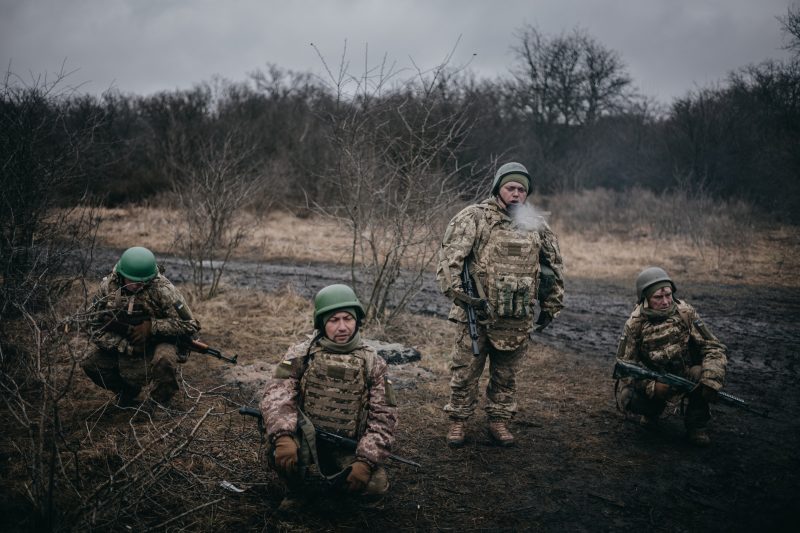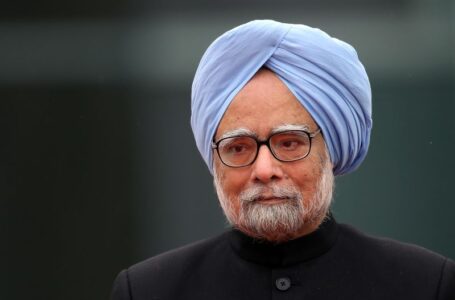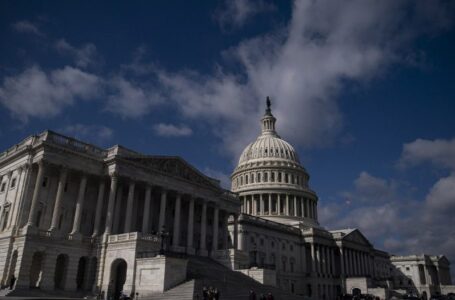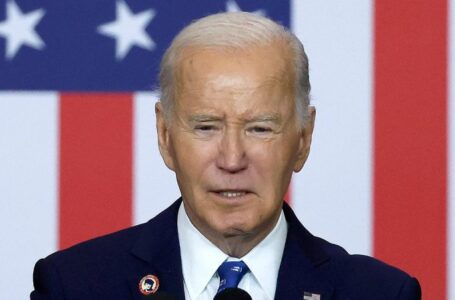Israel’s attorney general orders probe into Netanyahu’s wife on suspicion of witness harassment
The GOP divide on aiding Ukraine is less about age than politics


The morning after the Senate voted to approve a $95 billion aid package for Ukraine, Israel and Taiwan, freshman Sen. Eric Schmitt (R-Mo.), 48, lamented that it had done so.
“Nearly every Republican Senator under the age of 55 voted NO on this America Last bill,” he wrote on social media, adding: “15 out of 17 elected since 2018 voted NO[.] Things are changing just not fast enough.”
His colleague Sen. Kevin Cramer (R-N.D.) took issue with Schmitt’s framing.
“Youthful naivety is bliss, the wisdom of age may save the west,” he replied. “Reagan may be dead, but his doctrine saved the world during less dangerous times than these.”
The idea that there is a generational divide in support of an active American role in foreign military conflicts — particularly Ukraine — is valid. But in this case, it is Schmitt’s second point, the one about the recency of election, that’s probably more informative.
First of all, his numbers are right. Nearly every Democrat (and independent who caucuses with the Democrats) voted to support the aid package. Republicans generally opposed it, with only two of the 17 who are 55 or younger voting in support of the bill. Among those 56 and older, the vote was more evenly split, with 20 of 35 voting Republicans backing the measure.
We’ve seen a split in views of Ukraine by age since soon after Russia expanded its invasion of the country in February 2022. In YouGov polling conducted for the Economist in April 2022, respondents under 45 were 20 to 30 points less likely to say they sympathized with Ukraine than were older Americans. That makes sense: Americans who were 44 in 2022 were 13 when the Soviet Union dissolved. They were products mostly of the post-Cold War United States, when Russia was no longer our primary adversary.
Over time, though, the biggest decline in the sympathy shown to Ukraine has been among the oldest Americans. That overlaps with the drop in sympathy among independents and Republicans. (Note that the decline in expressed sympathy for Ukraine doesn’t mean an increase for Russia; instead, it means an increase in those who say they have sympathy for neither side.)
In early 2022, there was a 28-point gap between the oldest and youngest respondents compared with a 19-point gap between Democrats and Republicans. In recent polling, that flipped: There’s a 26-point gap by party and only a 16-point gap by age.
When Schmitt noted that senators elected since 2018 had mostly opposed the aid package, that was again correct. Among Republicans elected before that point, there was a nearly 2-1 margin of support for the package. But this doesn’t overlap cleanly with his point about age; about half of those 55 and under were elected before that point.
What those Republican senators elected in 2018 or after share, instead, is that they first ran for that office in the Donald Trump era of Republican politics. They don’t share a generational grouping (two-thirds are over 55), but they do share a political cohort. And that cohort is defined by a former president who has repeatedly been skeptical of aiding Ukraine and who has helped foster an anti-Ukraine sentiment within his party.
Given that, Cramer’s contrast with Ronald Reagan is telling. It’s not about age really, but about an approach to foreign policy that Reagan and Trump don’t share.
This isn’t why independents have grown so much less sympathetic to Ukraine, presumably. That’s probably in part because independents skew younger, but it’s hard to parse given the data at hand. But the Trump influence plays a significant role in the dynamic that Schmitt is identifying.
It’s not quite case in point, but there is one other thing worth noting here: The two Republican senators who are under 56 and supported the aid package? Both were elected before 2018.











